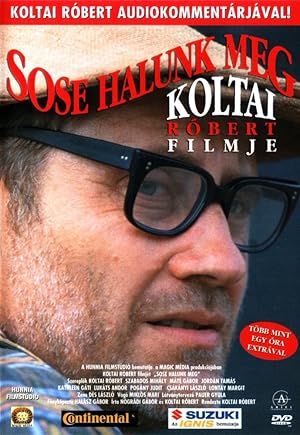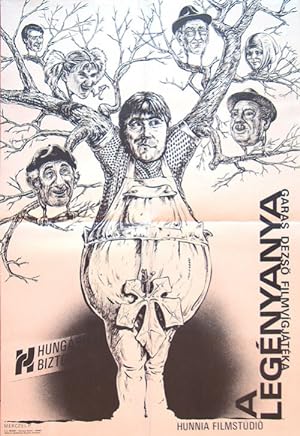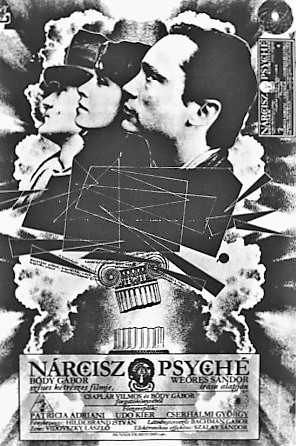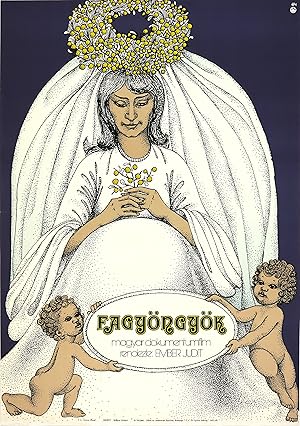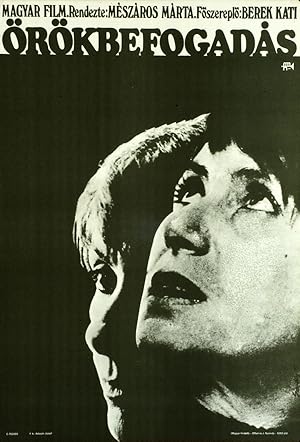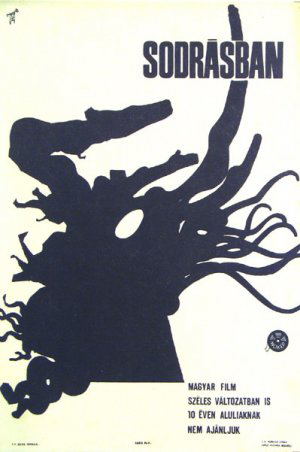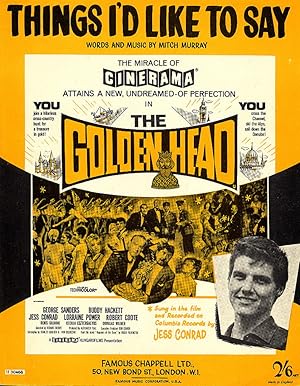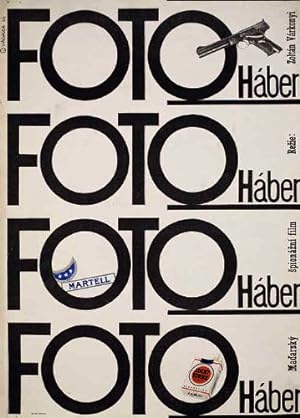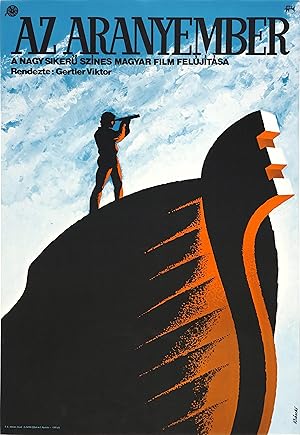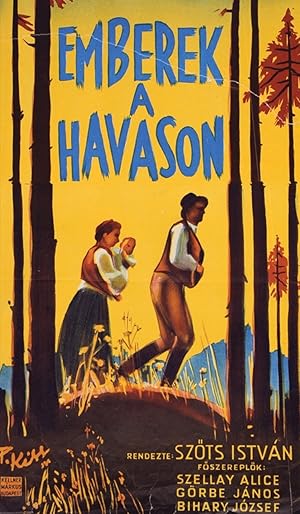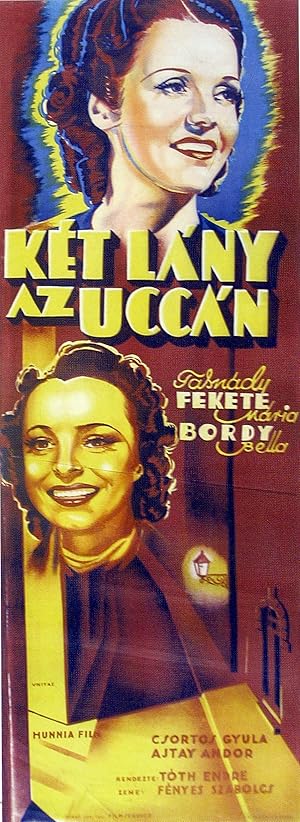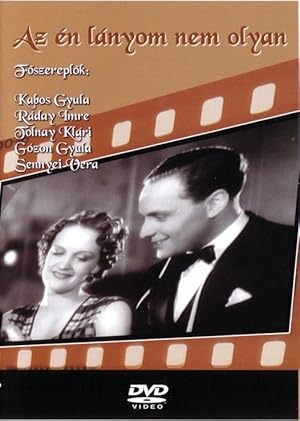Films & Shows from Hunnia Filmstúdió
Welcome to our dedicated collection of titles produced by Hunnia Filmstúdió. Renowned for its creative vision, quality craftsmanship, and cinematic innovation, Hunnia Filmstúdió has contributed some of the most memorable and influential works to the world of film and television. Whether you’re a longtime follower of their productions or discovering their catalogue for the first time, this selection offers a window into the storytelling excellence and artistic flair that define Hunnia Filmstúdió’s legacy.
We Never Die! (1993)
0
In 1960s Hungary, an introverted teenager’s life is turned upside down by a few days in the company of his coat hanger salesman uncle: a roguish charmer with a zest for life and a weakness for horse racing and women.
The Pregnant Papa (1989)
0
In the small village of Rátót, every male is called Béla. When a woman gives birth to her child, she names him Józsi...
Narcissus and Psyche (1980)
0
Narcisus and Psyche is based on a novel by Sandor Weores which was adapted by Vilmos Csaplar and director Gabor Body for a feature-length film. Borrowing the character of Psyche from mythology and placing her in Europe in the 19th century, the authors give her a "modern" life. She is an attractive young woman - and remains so throughout the film, in spite of one hardship after another. Psyche is libidinous, and her prurient interests shock her staid contemporaries.
Mistletoes (1977)
0
Judit Ember returns to follow the life of Nóra Szabó, the heroine of her documentary film 𝘛𝘢𝘯𝘵𝘰̈𝘳𝘵𝘦́𝘯𝘦𝘵 ("Instructive Story", 1975). The troubled young woman who formerly attempted to commit suicide by jumping off a fourth floor is now an unmarried and pregnant mother with two children. Her own mother also brought up her children in similar circumstances, in a closed community without men. But Jenő, the unflaggingly energetic labourer and father of Nóra’s third, as yet unborn child, brings change into their lives.
Adoption (1975)
0
When middle-aged Kata realises that her life will only be complete if she has a baby of her own, her longstanding-but-married boyfriend Joska refuses to comply. But by developing an unlikely friendship with the angst-ridden teenage orphan Anna, who is also involved in a controversial relationship, Kata discovers aspects of herself, and her role as a woman, that have gone unexamined throughout her entire, lonely life.
Current (1964)
0
A group of students cope with the disappearance of their friend.
The Golden Head (1964)
0
Stevenson, the famous English criminal expert visits Hungary with his family. While he is chairing a conference on criminology, infamous art treasure robbers steal the golden herm of Saint László. Suspicion is cast on the Stevenson children.
Haber's Photo Shop (1963)
0
A priest who has been set free from prison recently joins a spy organization.
The Man of Gold (1962)
0
Adaptation of Mór Jókai's classic 19th century novel on Mihály Tímár, the captain of a commercial Danube ship in the 1830s, who finds unexpected fortune by meeting a Turkish aristocrat fleeing from his home country with his daughter Tímea. On their journey, they find an unknown island on the Danube, called the Senki szigete (the Island of No-one), a sort of earthly paradise, with only an old woman and her young daughter Noémi living on it.
People of the Mountains (1942)
0
A simple, religious Hungarian woodcutter lives with his wife and boy child with a small community of squatters among the peaceful mountains of Transylvania until a lumber company claims their land and forces them all to become company workers or else leave the land. This 1942 Hungarian film takes a detailed and unflinching look at the hardships of mountain living, and the realistic approach proved influential to the Neorealist movement in Italian cinema. Hungarian master director Istvan Szots won the Biennale Cup at the Venice Film Festival for his auspicious debut, but the film was banned by the Nazis as "too Catholic" and not
Two Girls on the Street (1939)
0
Two girls run away from a small village. Gyöngyi comes from an aristocratic family and her father throws her out of the house when he discovers she has gotten pregnant out of wedlock. She finds herself wandering the streets of Budapest and earns money playing the violin in a restaurant. Vica is an orphaned peasant; she is afraid of her stepfather and moves to the city where she gets a job on a construction site. Gyöngyi and Vica meet on the streets of Budapest, move in together and turn their lives around.
My Daughter Is Different (1937)
0
Gitta is 20 years old, a girl with modern attitudes, who is courted by Ferenc Fekete. Not particularly liked by Gitta's parents, especially her old-fashioned father, Fekete dates Gitta in secret.
